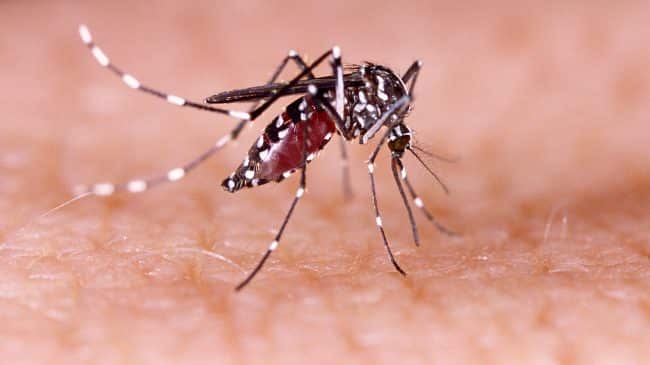Mosquitoes transmit viral diseases to hundreds of millions of people every year. Some of these diseases, including Malaria, Chikungunya, Dengue, and Zika, cause death or debilitating conditions in many of those infected. Unfortunately, there are no fully effective prophylactics for any of these diseases and effective treatments only for malaria (and even for malaria, resistance to the most effective treatment has been increasing).
In the absence of prophylactics or treatment, the focus has been on preventing transmission. Until now that has largely meant deploying insecticides, which can be effective but is also very costly.
British bioscience company Oxitec has developed a remarkably effective and environmentally benign way to reduce the population of disease-transmitting mosquitoes: releasing genetically modified male Aedes egypti mosquitoes whose offspring are unable to reproduce, thereby reducing the wild population of this disease-transmitting insect.
Oxitec has already trialed its genetically modified mosquitoes in several locations, to great success. It is now seeking to trial them in Florida and Texas. If successful, this could lead to more widespread use, to the great benefit of people living in and travelling to affected areas.
In this comment, we examine the costs and benefits associated with the issuance of an Environmental Use Permit (EUP) by the EPA, as requested by Oxitec Ltd.

